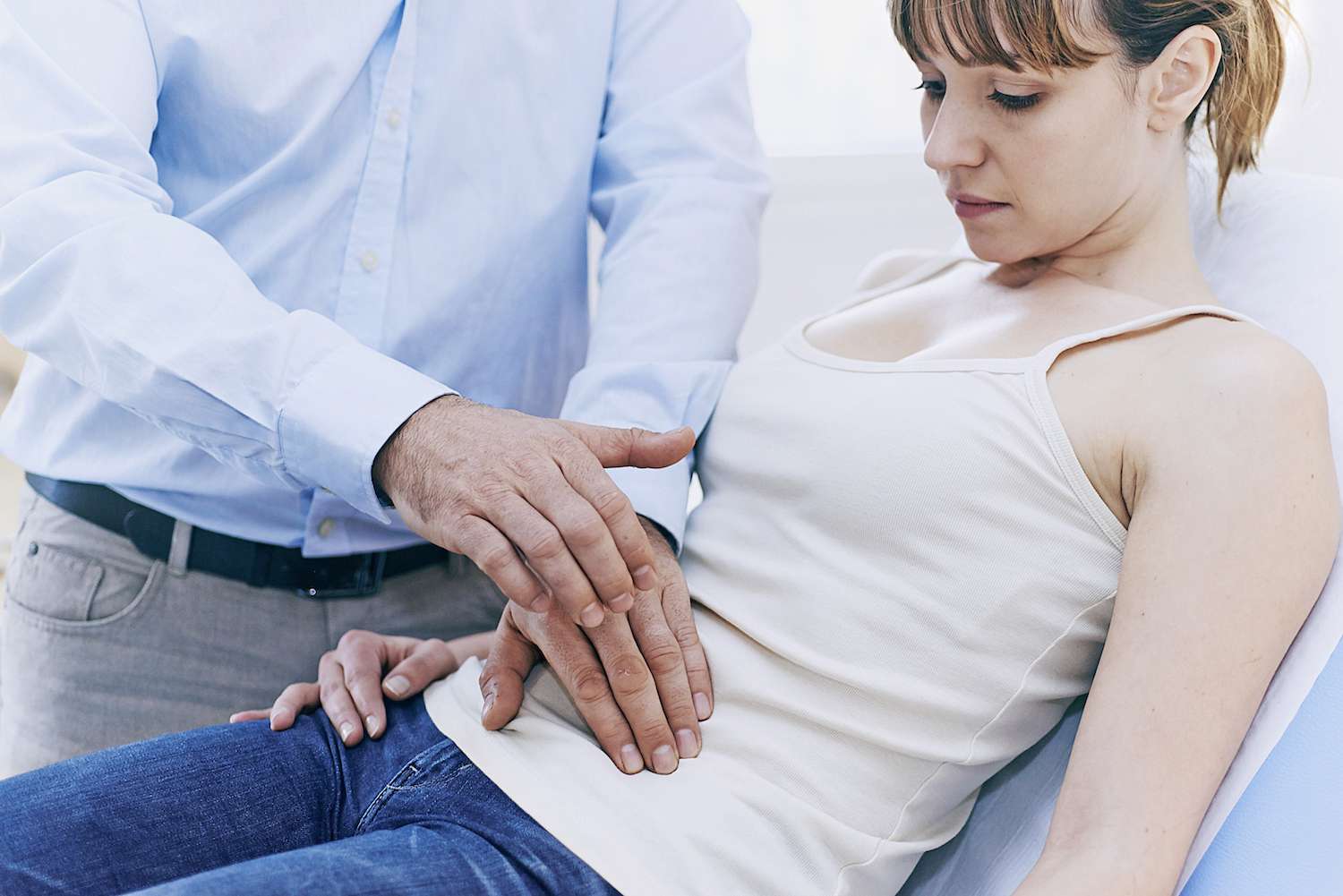Ovarian cysts are fluid-filled sacs that develop on or within the ovaries. While most ovarian cysts are harmless and resolve on their own, some can cause symptoms such as pelvic pain, bloating, and irregular periods. In severe cases, ovarian cysts can rupture, leading to sharp pain and even internal bleeding.
Symptoms of Ovarian Cyst Pain
Symptoms of ovarian cyst pain can vary depending on the size and location of the cyst, as well as the individual woman’s sensitivity to pain. Common symptoms include:
Pelvic pain or discomfort: This can be a dull or sharp pain that may be felt on one side of the lower abdomen or pelvis. The pain may be constant or intermittent and may become worse with activity or during a bowel movement.
Bloating or swelling in the abdomen: Ovarian cysts can cause the abdomen to feel full or swollen.
Irregular periods: Ovarian cysts can disrupt the menstrual cycle, causing periods to be irregular, heavy, or painful.
Nausea or vomiting: Some women with ovarian cysts may experience nausea or vomiting.
Breast tenderness: Ovarian cysts can cause breast tenderness or breast pain.
Pain during sex: Ovarian cysts can cause pain during intercourse.
Difficulty urinating or bowel movements: Ovarian cysts can press against the bladder or rectum, making it difficult to urinate or have a bowel movement.
In some cases, an ovarian cyst may not cause any symptoms at all. These cysts are often discovered during a routine pelvic exam or ultrasound.
Treatment for Ovarian Cyst Pain
Treatment for ovarian cyst pain will depend on the size and type of cyst, as well as the woman’s age, overall health, and symptoms. Options include:
Observation: If a cyst is small and not causing any symptoms, a healthcare provider may recommend a wait-and-see approach. The cyst will be monitored with regular pelvic exams and ultrasound to see if it resolves on its own.
Birth control pills: Hormonal birth control pills can help regulate the menstrual cycle and prevent new cysts from forming.
Surgery: In some cases, surgery may be necessary to remove a cyst or ovary. This can be done with a minimally invasive procedure, such as laparoscopy, or with an open surgery.
Pain medication: Over-the-counter pain relievers, such as ibuprofen, can help alleviate pelvic pain caused by ovarian cysts.
Heat therapy: Applying a heating pad or warm compress to the lower abdomen can help relieve pelvic pain.
It is important to note that ovarian cysts can be associated with serious conditions such as ovarian cancer, so it is important to seek medical attention if you have any symptoms of ovarian cyst pain. A healthcare provider can perform a pelvic exam, ultrasound, or other tests to determine the cause of your symptoms and recommend the appropriate treatment.
In conclusion, ovarian cysts are common and usually benign growths that develop on or within the ovaries. Symptoms of ovarian cyst pain can vary, but may include pelvic pain, bloating, irregular periods, and difficulty urinating. Treatment options include observation, birth control pills, surgery, pain medication, and heat therapy. If you have any symptoms of ovarian cyst pain, it is important to seek medical attention to determine the cause and appropriate treatment.

 Home
Home Health
Health Diet & Nutrition
Diet & Nutrition Living Well
Living Well More
More












